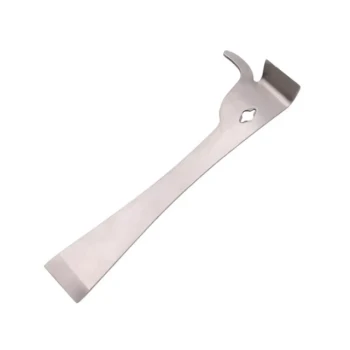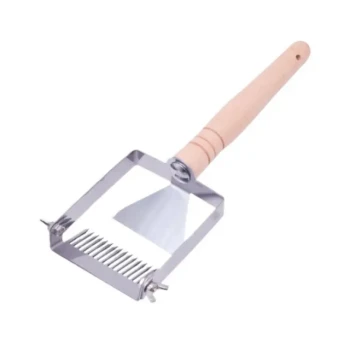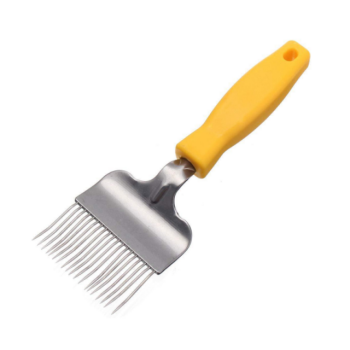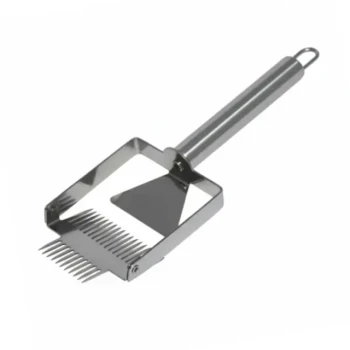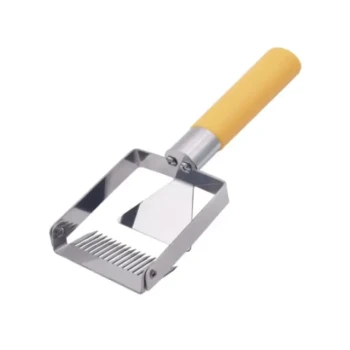To raise brood effectively, a honey bee colony requires a consistent and abundant supply of high-quality pollen. Pollen is the sole source of protein, fats, and minerals that nurse bees consume to produce the glandular secretions, often called "brood food," necessary to feed developing larvae. Without sufficient pollen, brood rearing will slow dramatically or cease altogether.
The success of a honey bee colony is fundamentally tied to its ability to raise new generations. While beekeepers can provide support, this process hinges on the bees' innate ability to balance their nutritional intake with the needs of a healthy, productive queen.
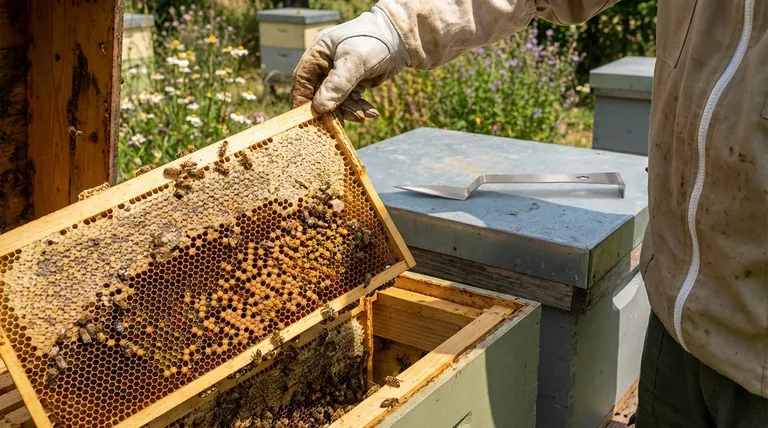
The Pillars of Healthy Brood Production
A thriving brood nest is not the result of a single factor but an interplay between nutrition, population, and a stable environment. Understanding these components allows you to better assess the health and potential of your colonies.
Pollen: The Engine of Growth
Pollen provides the essential proteins, lipids, vitamins, and minerals required for larval growth. Nurse bees consume vast quantities of it to develop their hypopharyngeal glands, which produce the protein-rich royal jelly fed to the queen and the youngest larvae.
As larvae mature, their diet shifts to include more honey and raw pollen, but the initial protein foundation is non-negotiable for healthy development.
Honey: The Fuel for the Hive
Brood rearing is an energy-intensive operation. The colony must maintain the brood nest at a consistent temperature, typically around 95°F (35°C), regardless of the outside weather.
Honey provides the necessary carbohydrates to fuel the heater bees who generate this warmth and to power the nurse bees attending to the brood. A lack of nectar or honey can be just as detrimental as a lack of pollen.
A Healthy Queen: The Heart of the Colony
A well-mated and healthy queen is the starting point for all brood. She is responsible for laying a consistent pattern of fertilized eggs.
A colony can have abundant resources, but without a productive queen laying eggs at a sufficient rate, the population cannot grow or replace its aging workforce.
The Beekeeper's Role: When to Intervene
The most effective beekeepers learn to work with the bees' natural instincts. Your primary role is to observe and provide support only when necessary, as the colony is remarkably adept at managing its own needs.
Assessing Natural Resources
Before providing supplements, evaluate your local environment. A diverse landscape with a variety of flowering plants throughout the season is the ideal food source for bees.
Pollen diversity is as important as quantity. Different pollens offer different amino acid profiles, and a mix ensures a more complete and balanced diet for the colony.
Identifying a True Need
Intervention is warranted during a "dearth," a period when natural nectar and pollen are unavailable due to drought, extreme weather, or seasonal gaps.
Signs that a colony needs nutritional support include a shrinking brood pattern, minimal stored pollen (beebread), and a general lack of foraging activity on warm days.
Common Pitfalls to Avoid
Well-intentioned management can sometimes hinder a colony more than it helps. Understanding potential missteps is crucial for effective stewardship.
The Risk of Over-supplementing
Feeding too much pollen substitute or sugar syrup can lead to a "honey-bound" or "pollen-bound" brood nest.
When cells that the queen needs for laying eggs are filled with supplemental food, it restricts her ability to expand the brood nest, effectively throttling the colony's growth.
Ignoring the Bigger Picture
A lack of brood is not always a nutritional problem. Before supplementing, always check for other issues.
Poor brood patterns or a halt in egg-laying can also be symptoms of a failing queen, high varroa mite levels, or other diseases that must be addressed first.
Making the Right Choice for Your Goal
Your management strategy should align with the colony's current state and your specific objectives.
- If your primary focus is rapid spring buildup: Ensure the colony has ample pollen and syrup before the population expands to prevent any resource gaps during this critical growth phase.
- If your primary focus is supporting a struggling colony: Provide small, consistent amounts of food to avoid overwhelming their limited space and population.
- If your primary focus is sustainable, low-intervention beekeeping: Concentrate on improving local forage and only intervene during periods of genuine environmental stress.
Ultimately, your role is to ensure the bees have the resources they need to execute their own highly effective brood-rearing strategy.
Summary Table:
| Key Factor | Role in Brood Rearing |
|---|---|
| Pollen | Provides protein, fats, and minerals for nurse bees to produce brood food. |
| Honey | Supplies carbohydrates for energy to maintain brood nest temperature and fuel worker bees. |
| Healthy Queen | Lays a consistent pattern of fertilized eggs to sustain and grow the colony population. |
| Stable Environment | A hive free from disease and pests, with consistent temperature control managed by the bees. |
Equip your apiary for success with HONESTBEE.
Healthy brood is the foundation of every productive colony. As a trusted supplier for commercial apiaries and beekeeping equipment distributors, HONESTBEE provides the high-quality supplies and equipment you need to support your bees' natural growth cycles.
From durable hive components to essential tools, our wholesale-focused operations ensure you get the reliable gear required for effective brood management and sustainable beekeeping.
Contact HONESTBEE today to discuss your wholesale needs and ensure your colonies have the foundation for success.
Visual Guide
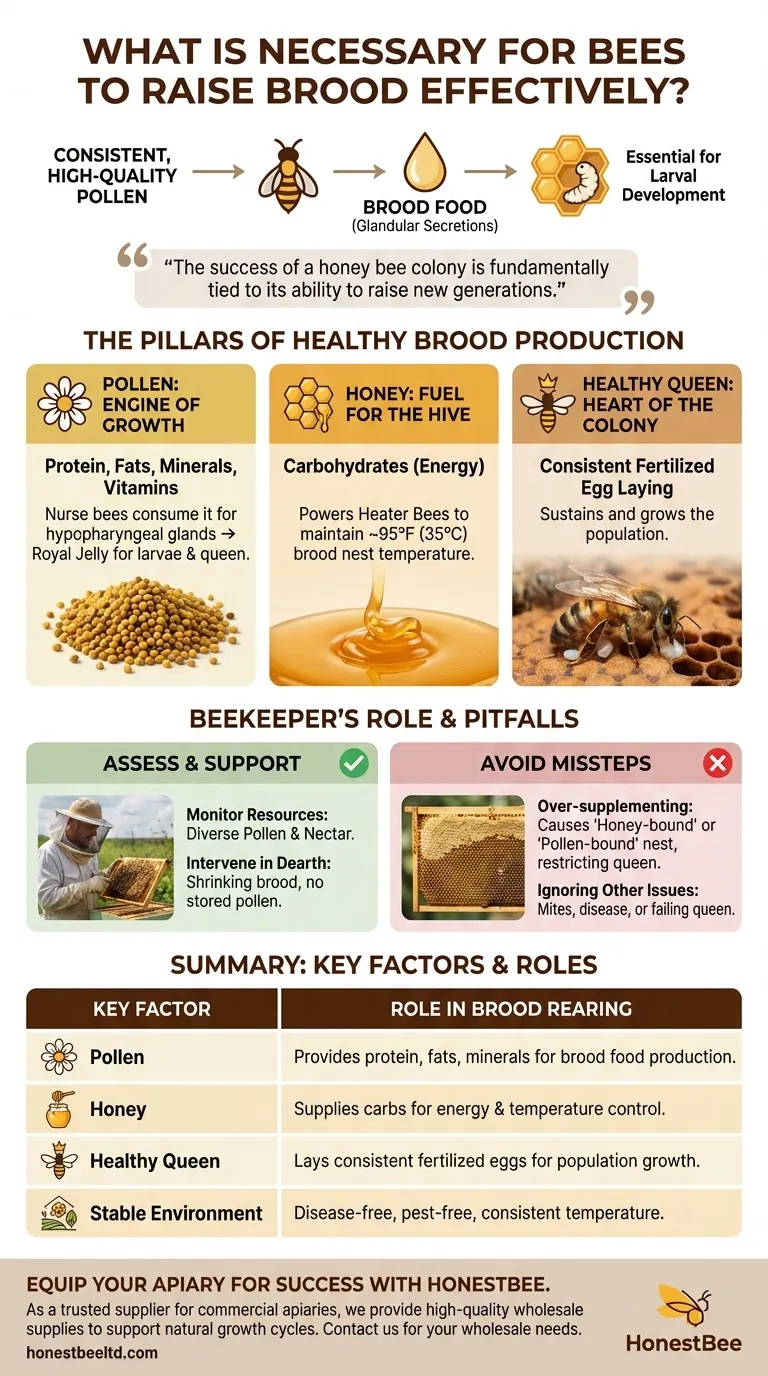
Related Products
- HONESTBEE Professional Long Handled Hive Tool with Precision Cutting Blade
- HONESTBEE Professional Multi-Functional Hive Tool with Ergonomic Wood Handle
- Professional Insulated Plastic Bee Hives
- Professional Multi-Function Stainless Steel Hive Tool
- 4 Frame Plastic Nuc Boxes for Beekeeping Bee Nuc Box
People Also Ask
- What is the hive tool used for? The Essential Multi-Tool for Every Beekeeper
- Why use professional beekeeping tools for beehive inspections? Crucial Support for Pollinator Protection Policies
- How does standardized beehive manufacturing equipment improve the productivity of commercial apiaries?
- How can a hive tool be used to remove propolis and burr comb? Master Hive Maintenance for a Healthy Colony
- What are the difficulties of conducting a beehive inspection without a hive tool? Avoid Propolis and Colony Stress



